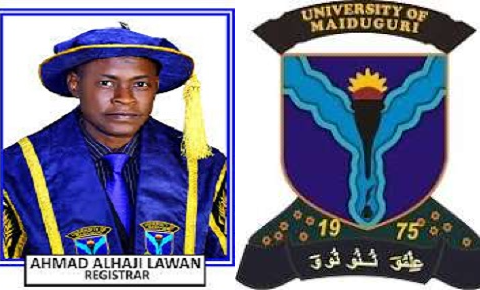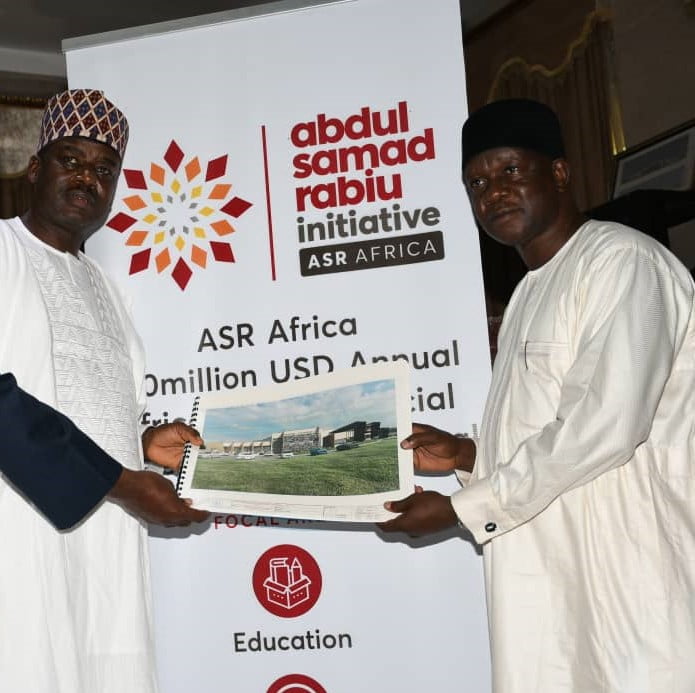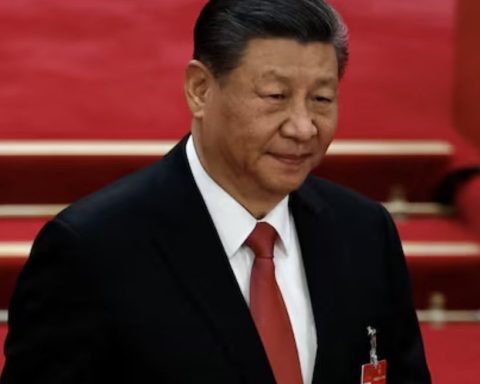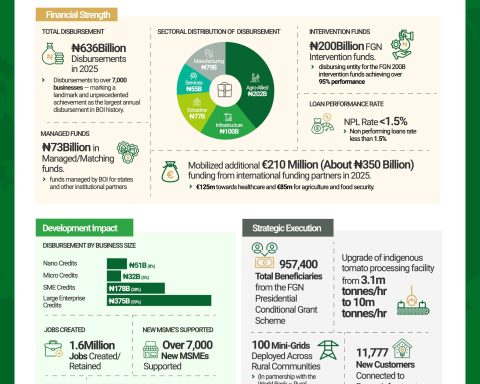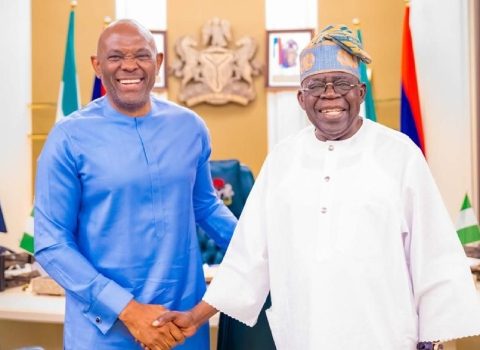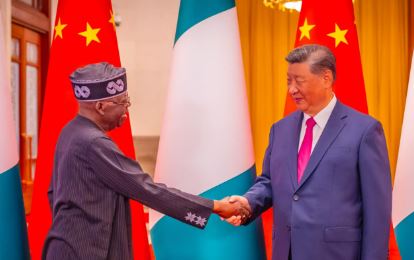The Nigerian Government’s decision to rename the University of Maiduguri after the late former President Muhammadu Buhari has sparked a wave of opposition from students, alumni, academic staff, and civil society groups, igniting a nationwide debate over the politicization of public institutions.
President Tinubu announced the renaming during the Federal Executive Council meeting held on 17 July 2025, describing it as a tribute to Buhari’s “distinguished contributions to education, national security, and economic development.” The Ministry of Education, led by Minister Dr. Tunji Alausa, backed the move, emphasizing Buhari’s legacy in shaping national policy during his two-term presidency between 2015 and 2023.
Join our WhatsApp ChannelHowever, the decision has been met with sharp criticism from key stakeholders, including the Academic Staff Union of Universities (ASUU), students, and graduates of the institution.
In a strongly worded statement, the University of Maiduguri chapter of ASUU described the renaming as “a brazen affront to the university’s heritage” and accused the government of taking a unilateral action without consultation.
“This is a grave insult to the academic community,” the union said. “The name ‘University of Maiduguri’ is tied to the resilience and identity of a people who have endured years of insurgency and hardship. To erase that identity without public dialogue is unacceptable.”
Across social media platforms, the backlash has intensified. A petition titled “Preserve the Identity of University of Maiduguri” has gained thousands of signatures within hours of its launch, with signatories arguing that the name change dishonors the institution’s legacy and regional importance. Critics also note that several public structures in Borno State already bear Buhari’s name, including an international airport, a trauma centre, and a model school.
READ ALSO: ASUU Declares Nationwide Strike Over FG’s Broken Promises
Human rights activist and politician Omoyele Sowore joined the growing dissent, calling on students and alumni to reject what he described as a “shameless political branding of public education.” He warned that such top-down actions undermine institutional autonomy and deepen public distrust in governance.
Many students interviewed on campus expressed frustration and confusion. “We were not consulted. We just woke up to the news that our university has been renamed. This is not democracy,” said Halima Ali, a 400-level student of political science.
Civil society organisations have also entered the fray, urging the federal government to reconsider the decision and allow the university community to determine its identity. Analysts warn that the renaming could further politicize Nigeria’s already fragile educational landscape and provoke similar resistance at other institutions.
Despite the backlash, government officials have yet to signal any intent to reverse the move. The university management has remained largely silent, though insiders say internal meetings are ongoing amid mounting pressure from staff and students.
As the controversy deepens, many Nigerians are calling for a legislative framework that would require public consultation before renaming national institutions. For now, the future identity of one of Nigeria’s most historically significant universities remains uncertain and fiercely contested.
Amanze Chinonye is a Staff Correspondent at Prime Business Africa, a rising star in the literary world, weaving captivating stories that transport readers to the vibrant landscapes of Nigeria and the rest of Africa. With a unique voice that blends with the newspaper's tradition and style, Chinonye's writing is a masterful exploration of the human condition, delving into themes of identity, culture, and social justice. Through her words, Chinonye paints vivid portraits of everyday African life, from the bustling markets of Nigeria's Lagos to the quiet villages of South Africa's countryside . With a keen eye for detail and a deep understanding of the complexities of Nigerian society, Chinonye's writing is both a testament to the country's rich cultural heritage and a powerful call to action for a brighter future. As a writer, Chinonye is a true storyteller, using her dexterity to educate, inspire, and uplift readers around the world.



